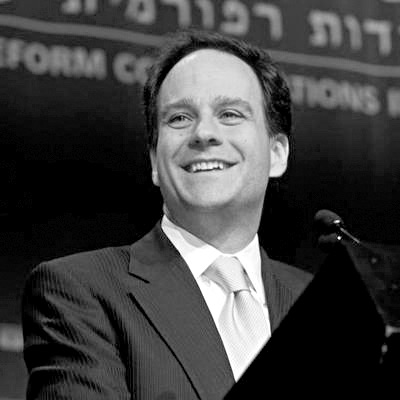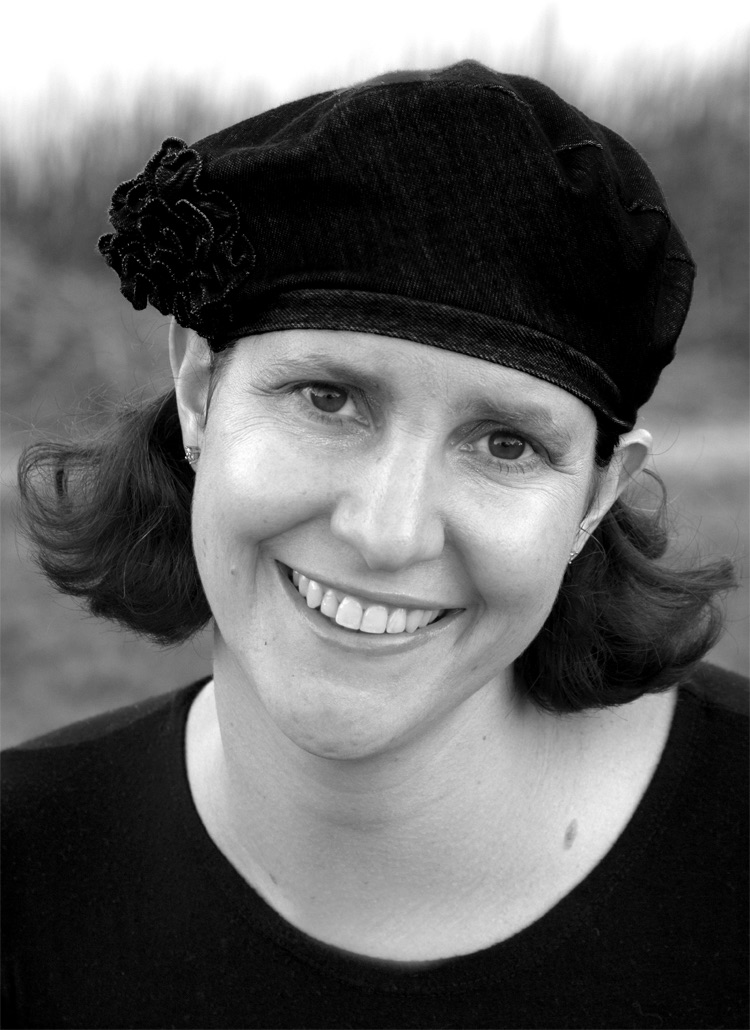 Screenshot from YouTube.
Screenshot from YouTube. Rabbi Adin Steinsaltz
Aleph Institute

How do I prepare myself to receive the unique message God’s Torah has for me? How do I get ready to convene with God? According to Rabbi Schneur Zalman of Liadi — the 18th-century mystic and talmudist — the precondition for this meeting is what he calls “self-nullification.” As developed in the Tanya, his quietly revolutionary work, self-nullification requires one to separate from his ego, his smugness and his importance.
This is not to denigrate the ego. We need our egos in order to grow, in order to fulfill the biblical charge to master the world, in order to effect tikkun olam. But, just as we suspend our physical creativity (i.e., the tangible expression of our ego) on Shabbat and yom tov, we must also subordinate our egos (on the deepest level) during those activities in which we seek to join our will to God’s.
Each of us also has the ability to “channel” God. When we forget ourselves in prayer, we let God enter. When we give tzedakah — not as an expression of our power, but as an agent of God in the distribution of His bounty — we are God’s conduit into the world. And when we learn Torah as a way of unifying our minds with His, we are increasing God’s presence on Earth.
This Shavuot, and every day, each of us has the ability to receive the Torah — our Torah — and become a vehicle for holiness.
Excerpted from an essay on steinsaltz.org.
Rabbi Jonah Dov Pesner
Religious Action Center for Reform Judaism

The Festival of Shavuot provides an ideal Jewish textual grounding for celebrating our diversity, and lifting up various and dissenting voices, even as we apply the enduring values of our sacred texts to the modern day.
On Shavuot, we celebrate our ancestors receiving the Torah from God at Mount Sinai. However, the covenant of the Torah was not only for those present at Sinai. It was for all Jews — and all people — around the world and throughout the generations.
When God spoke, all people, in all the languages of the day, could understand. In the midrash, Rabbi Johanan says, “It was one voice that divided itself into seven voices, and these into 70 languages.” We learn further that when God spoke it “was with the power of all voices” to speak to each person according to their powers of comprehension (Midrash Rabbah: Exodus, Chapter 28).
We see from this beginning, from the entrance into the covenant at Sinai, that each voice counts, and the experience, culture, and heritage — the language and framework that each person brings to the study of Torah — is valuable.
On Shavuot, the Jewish people receive the Torah anew each year. Tradition calls for us to engage in all-night study. We cannot be closed off from the opportunity to learn from others. This is our opportunity not only to delve deeply into the text, but also to join in chavurah (study in partnership with another), to debate and test our assumptions. We do not shrink from the tension of disagreement but take seriously the alternate views of our peers who seek to learn from the Torah and bring its commandments to life.
Excerpted from an essay on reformjudaism.org.
Rabbi Yehuda Turetsky
Yeshivat Sha’alvim

In the first of the Ten Commandments, God said clearly and unequivocally, “I am the Lord, your God, who took you out of Egypt, from the house of slavery” (Shemot 20:2). The paramount importance of this verse is clear; there is a God, and we must believe in Him.
Yet, a basic question emerges. Why would God formulate such an important tenet of our faith without giving us insight into how to attain it? Why would something as fundamental as belief in God not come with a “how-to guide” about how to reach it? It appears that the Torah wishes to convey the message that what we believe is more important than how we believe, that knowledge of God is primary and it can be acquired in varying ways. People are not all moved the same way or inspired in the same manner. God wants us to believe in Him, but how we get there is up to us.
The recognition that people work and think differently, that there is no uniform and singular path toward belief in HaShem, is significant. It has led to divisiveness and arguments about which approach is most authentic. But, in truth, this recognition should have the opposite effect. It should encourage a more ambitious approach that is also more accepting. It should enable us to find allies instead of adversaries and engender empathy instead of enmity, all in the name of creating a more successful and integrated community.
Excerpted from an essay at yutorah.org/lectures.
Rabba Sara Hurwitz
Hebrew Institute of Riverdale

A midrashic tradition teaches us that the Israelites overslept the morning of Matan Torah. They had to be woken up, to embark on their new journey of pursuing a life of Torah, a life of God, a life of justice.
The kabbalists established Tikkun leil Shavuot, a process of “rectifying” our forebears’ lack of vigilance. While they slept, keeping the Torah and its code of ethics waiting for them, we spend the night absorbed in learning its core messages.
Tikkun leil Shavuot is an opportunity to correct past mistakes. It is a call to wake up, arouse our souls, rise to the challenge of our imperfect world, and commit not to wait to repair its brokenness. There is much to be fixed: poverty, hunger, abuse and discrimination are just a few of the many plagues that require our alert attention.
Sleep is sweet. Closing our eyes is easier than being awake and recognizing that we must address the pain and destruction that diminishes our world. But sleeping can no longer be an option. We must rise up and accept our obligation to overcome injustice.
The Talmud teaches that sleep is 1/60th of death (Babylonian Talmud, Berachot 57b). Perhaps Chazal (the rabbis of the Talmud) is teaching that if we close our eyes to the darkness that surrounds us, we may as well be dead. To truly live, to truly be alive, is to be awake to the injustices of our society, and become vigilant about responding.
Rabbi Danya Ruttenberg
Author and educator

A midrash teaches that when God spoke the words of Torah at Sinai, the voice was heard throughout the world. The Israelites ran in the direction of the voice and as soon as they would arrive, the voice would move in another direction. After trying every direction, Israelites asked one another, “But wisdom, where shall it be found? And what is the place of understanding? [Job 28:12]” (Exodus Rabbah 5:9)
It’s a funny, kind of pathetic image, isn’t it? The Israelites scuttle around, running here and there and everywhere. The Israelites’ desperation is evident, and it’s pretty clear that the anxiety that they’re experiencing is serious business.
And it feels familiar, as well. So many of us these days are in constant motion, hurtling down the street with smartphone in hand, running from work to our social lives or home lives and errands and chores, and then going to bed and doing the same thing all over again. We’re in perpetual motion, running from north to east to south and back again, chasing a truth of some sort and not finding it — and, perhaps, wondering why we’re not hearing God’s voice more often than we do.
“Wisdom, where shall it be found?” Well, how about right here?
“What is the place of understanding?” How about this place?
Would the voice have changed directions if the Israelites had determined from the outset that they would stay and hear what was to be heard in the south? The midrash tells us that God’s voice reverberates throughout the world, after all — so why are they running in circles? I wonder if, perhaps, rather than chasing after God’s voice, they might actually be running from it.
After all, revelation is terrifying. What God asks of us is not always easy — in fact, it’s usually not easy.
Excerpted from an essay on huffingtonpost.com.























 More news and opinions than at a Shabbat dinner, right in your inbox.
More news and opinions than at a Shabbat dinner, right in your inbox.